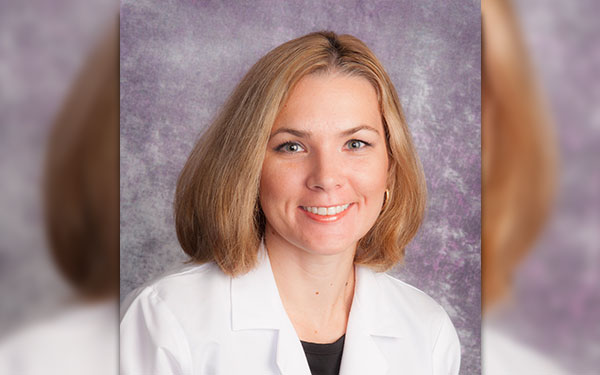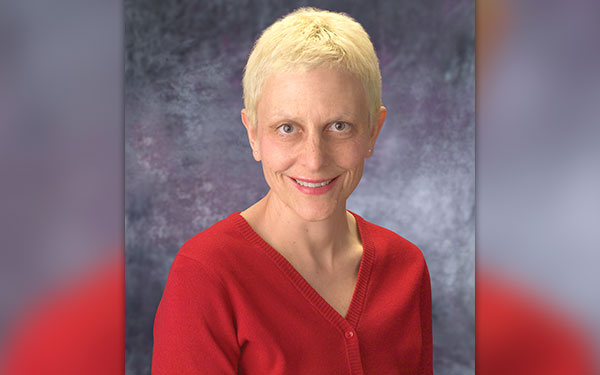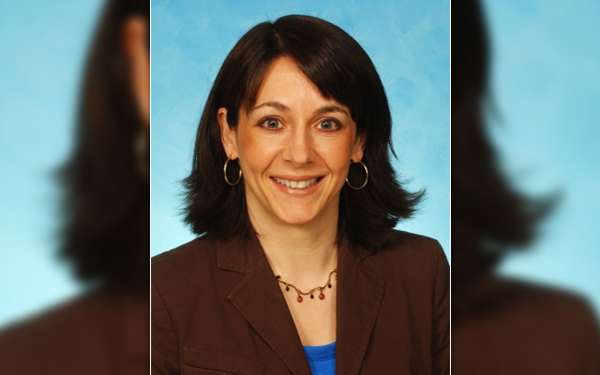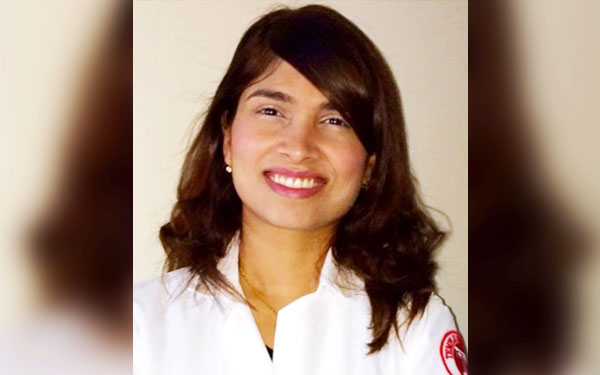Dr. Christine Kirkendol Watson, an American Board of Obesity Medicine (ABOM) Diplomate, answers questions regarding the importance of an obesity medicine physician.
What unique skill set can the obesity medicine physician bring to the bariatric surgical setting?
We bring the medical aspect of obesity to the surgical setting. Surgery is one of many tools used to treat this very complex disease, so the nutritional education, counseling, behavioral modification and medication aspects of obesity can be addressed by the bariatrician in both the pre-operative and post-operative phases, as well as if the patient experiences weight re-gain after surgery.
What impact can the obesity medicine physician have on patient outcomes?
Educating surgical patients about obesity as a chronic disease, helping them understand what truly influences their weight, how to maintain their weight beyond surgery all add to improved long-term outcomes for patients. Once they start to understand that the surgery is only one aspect of their weight and that in order to have long-term success they need a comprehensive program for weight management then they will have better outcomes
Have you had the experience of working with a bariatric surgeon?
Yes. My first role as a bariatrician was as the Clinical Supervisor of Nonsurgical Weight loss within a bariatric surgical practice. I was very fortunate to work with a surgeon who was passionate about treating obesity and truly understood it as a chronic disease
Are there any clinical findings or evidence based research supporting the value of obesity medicine physicians and bariatric surgeons working together?
I don’t know of much research in this area, however I am aware of many combined surgical/non-surgical practices. I see them as complementary to each other for all the reasons I discussed above, certainly not competitive with each other. Obesity is a spectrum and therefore the treatments need to reflect all aspects of that clinical spectrum
What is the value of working with an ABOM Diplomate specifically?
As in most other areas of medicine, board certification in one’s specialty is recognized as a standard of quality, knowledge and expertise in that field, and obesity medicine is no exception. I also believe it signifies a medical approach to the disease of obesity, since it is a medical condition. It is the one disease state that the medical field, media, layperson, etc. have relegated to non-medical personnel and non-medical treatments i.e. diet books, self-help, personal trainers, health coaches. That’s not to say that these methods or people aren’t necessary, because they are, but they should be an adjunctive part of a comprehensive medical treatment plan directed by a physician. An ABOM Diplomate has the qualifications and skills to do this.
 About Dr. Watson
About Dr. Watson
Dr. Christine Kirkendol Watson received her undergraduate degree from the University of Illinois and her MD from Indiana University. She completed her Internal Medicine residency at St. Vincent Hospital in Indianapolis. She is board-certified in Internal Medicine and Obesity Medicine. She has spent most of her career as an ER Physician, and continues to work in the ER.
She developed the Nonsurgical Weight Loss program at Community North Bariatric Surgeons in Indianapolis. In 2014, she founded LiveLight Clinic, LLC, and now has two locations in the Indianapolis area. She has a lifelong interest in fitness, wellness and nutrition, and is passionate about obesity as a chronic medical condition and working to change the medical culture to accept this.






Leave A Comment
You must be logged in to post a comment.